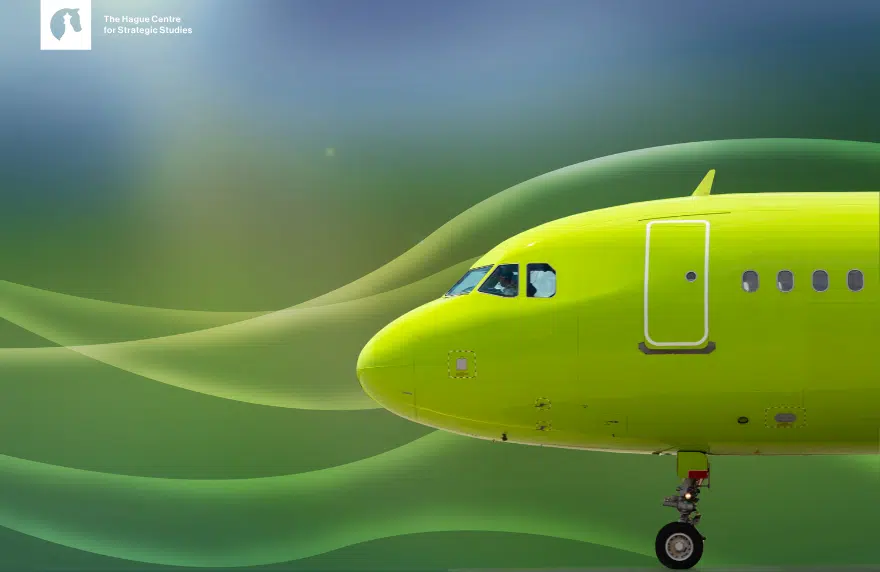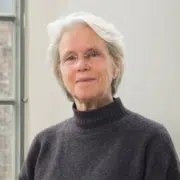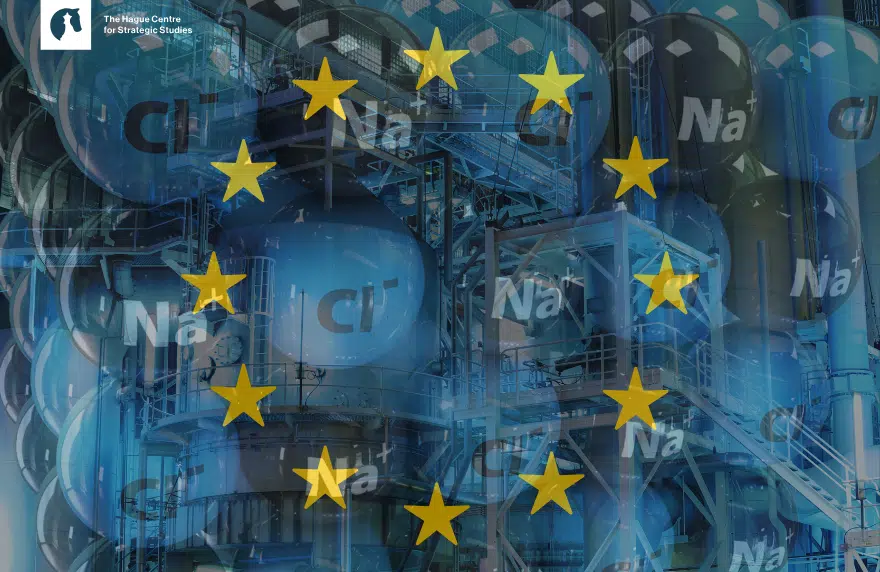Research
What are the international opportunities for Dutch industry in the emerging market for synthetic sustainable aviation fuels (e-SAF)?
The decarbonisation of aviation has been a major policy priority for the Netherlands and the European Union (EU) writ large. Efforts largely centre on reducing emissions by blending Sustainable Aviation Fuel (SAF) into conventional jet fuel. Synthetic sustainable aviation fuels (e-SAF) offer a complementary option to bio-based SAF.
This report assesses opportunities for Dutch industry to engage with global partners in the e-SAF sector. Dutch companies have technical capabilities along the e-SAF supply chain, including in green hydrogen production, carbon capture and utilisation, and e-SAF production. They also have strengths in the field of project engineering, certification, trade, and research and development in the e-SAF sector. These industrial assets along the e-SAF supply chain are paired with substantial national and regional demand for aviation fuel.
Collaboration opportunities for Dutch industry are assessed in seven countries: France, Spain, Sweden, Canada, Morocco, Brazil, Kingdom of Saudi Arabia (KSA).
Seven recommendations for the Dutch government and industry emerge:
- Set up the e-SAF supply chain within the European Union. The adoption of e-SAF is driven by EU regulations. There is no higher urgency for an emerging market than in EU countries. Sweden, Spain and France are promising candidates.
- Work with Canadian counterparts on an import corridor. The Dutch government, companies and research institutes should seek collaboration with Canadian counterparts in knowledge exchange and to explore what a Canadian-Dutch e-SAF corridor could look like.
- Align regulation, standards and certification schemes with Brazil and Morocco. The Dutch government should engage with Brazil and Morocco as high potential partners to find mutually beneficial collaboration pathways even if immediate opportunities may be limited.
- In the short term, engage with KSA on green hydrogen, not necessarily e-SAF. The Dutch government should focus on cooperation on green hydrogen with the KSA given the country’s lack of domestic focus on producing e-fuels for the European market.
- Work on streamlining regulations along the e-SAF supply chains with non-EU countries and multilateral certification institutions.
- Act as a ‘match maker’ between Dutch companies and potential partners already operating in the country of interest.
- Promote R&D collaboration and start-up to scale-up support for companies in different jurisdictions.
Contributions by Elton Högklint and Lucia van Geuns, with Quality Assurance by Tim Sweijs.
The research was commissioned by the Ministry of Foreign Affairs and executed by The Hague Centre for Strategic Studies.







